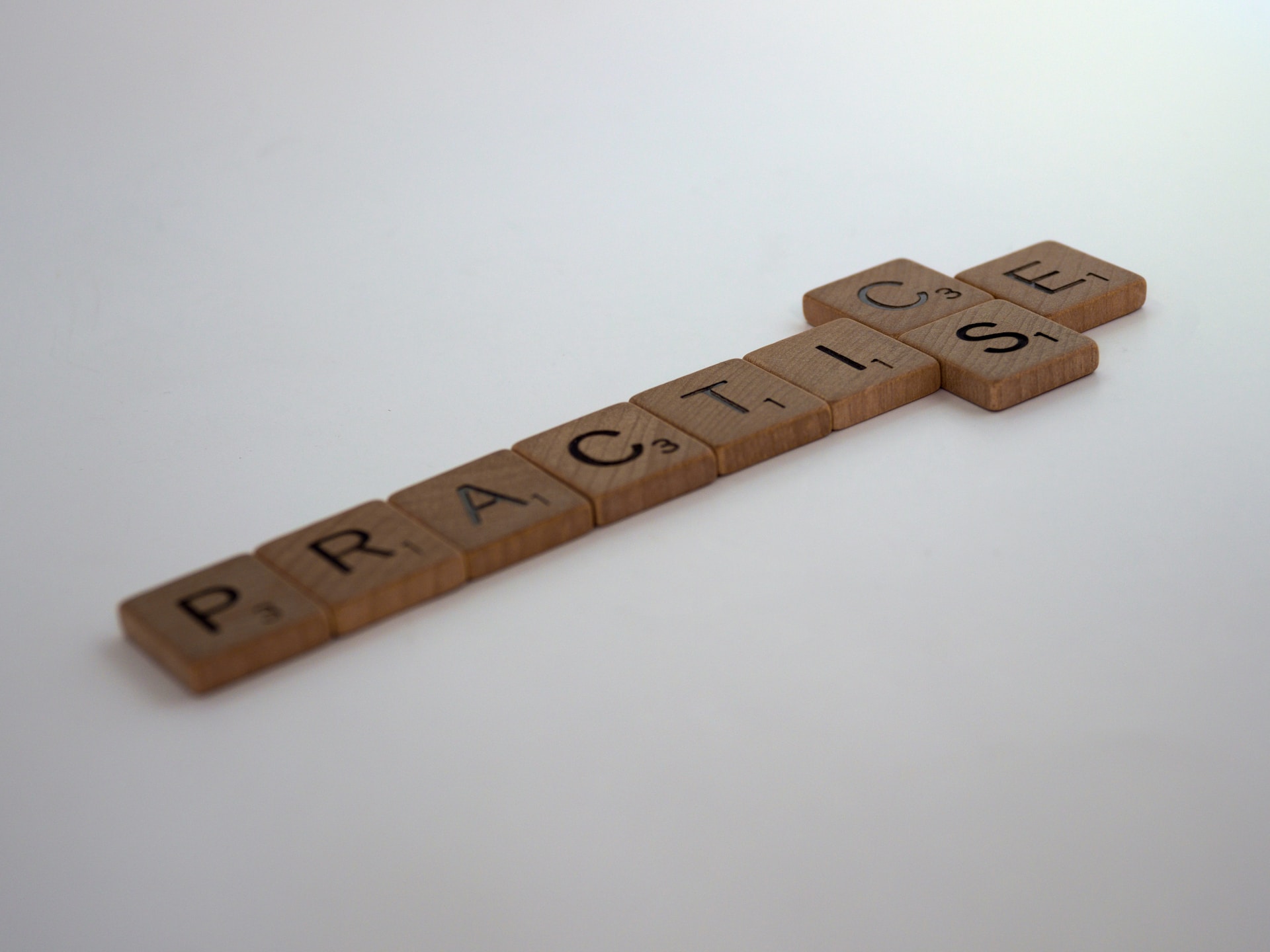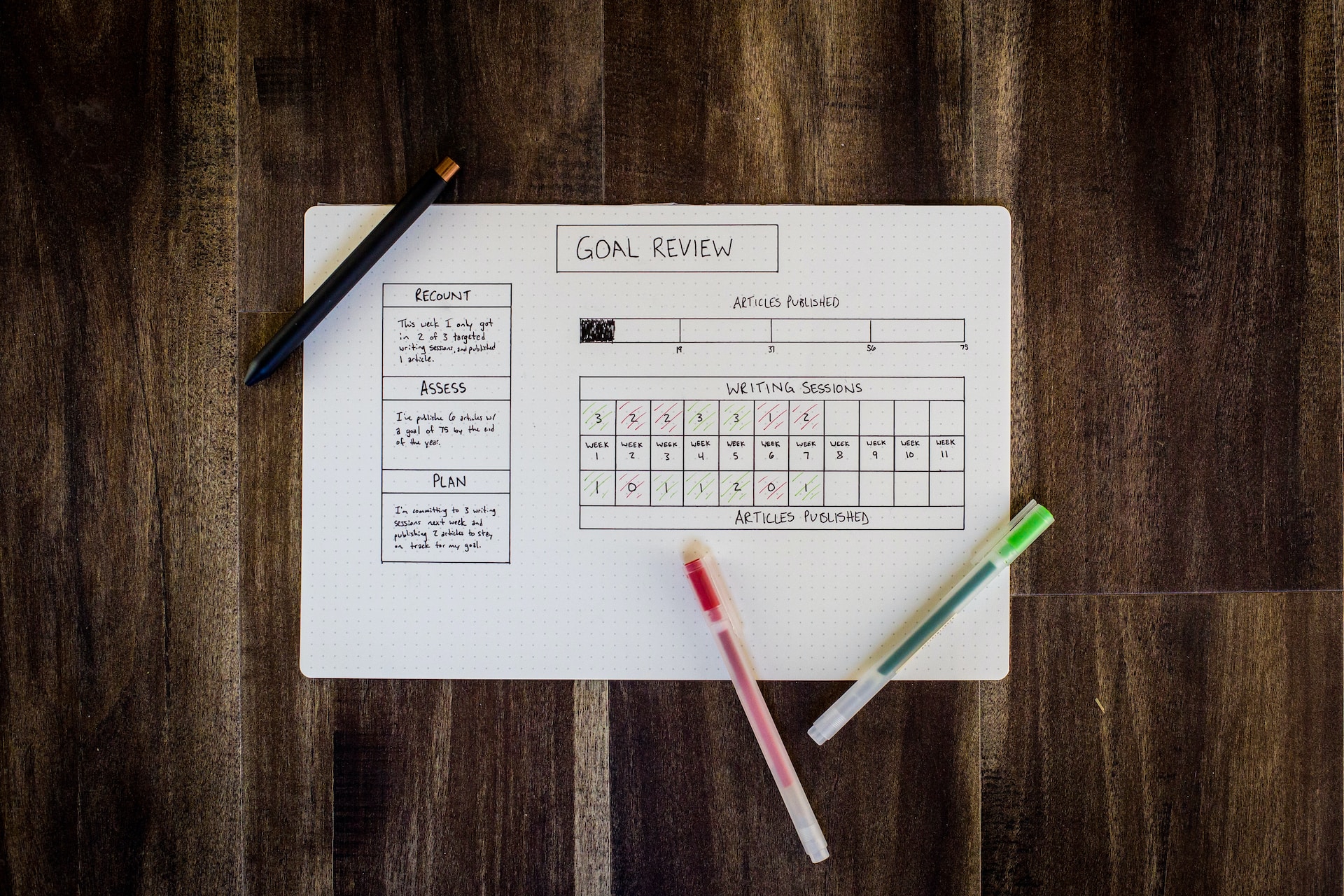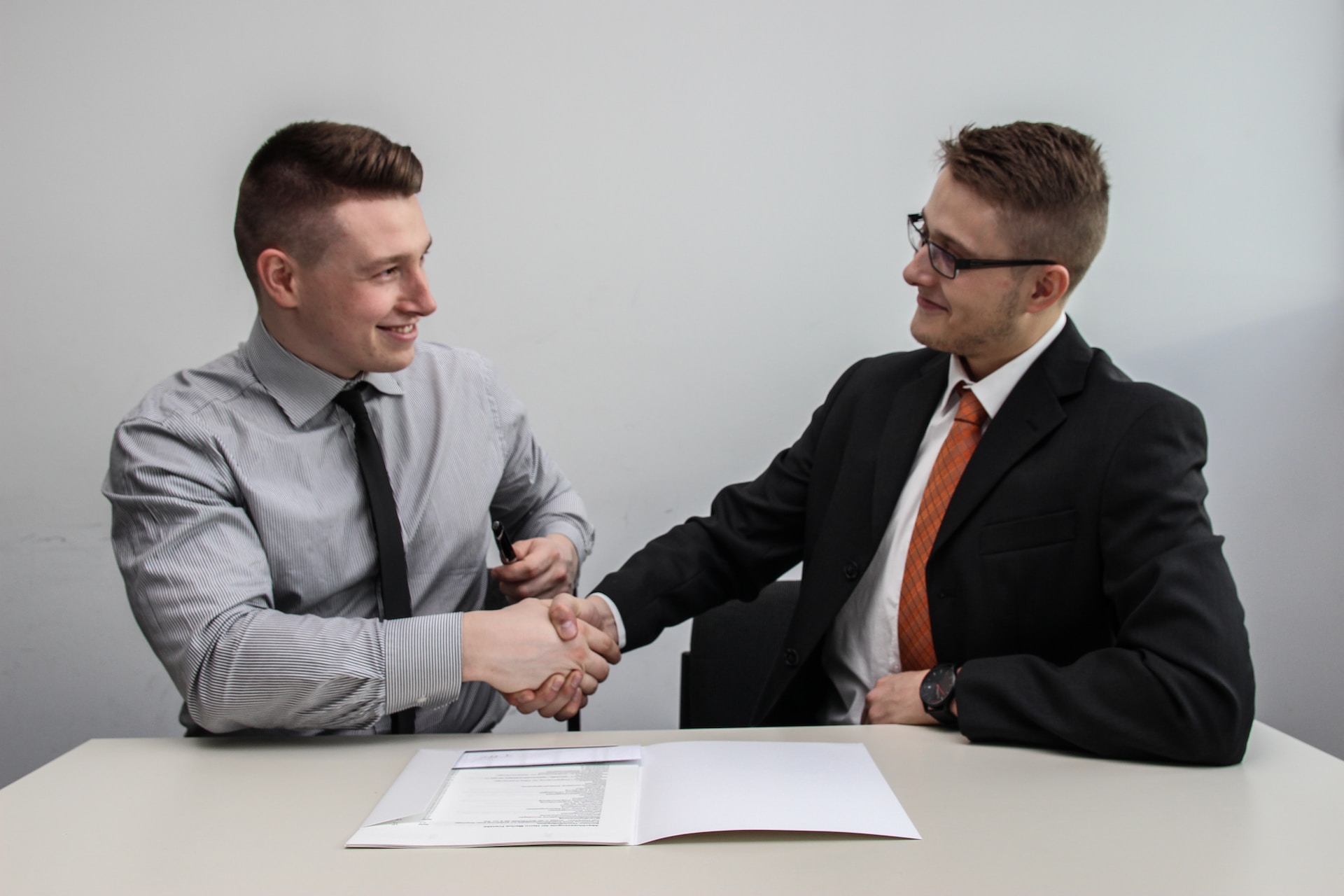Job interviews can be a daunting, stressful experience, no matter if you’re a fresh graduate or a seasoned professional. They’re the one thing stopping you from getting your dream job, which means preparing well for them is absolutely crucial. Whether you’re facing your very first interview or just looking to improve your performance after a series of attempts, here are 20 comprehensive tips to help you ace your job interview.
1. Conduct Comprehensive Company Research
Before stepping into your interview, you should always make sure you have a thorough understanding of the company. Research the company’s mission, culture, products or services, key personnel, and recent news; understanding the industry trends and how the company stands in relation to its competitors can also be beneficial. This information will not only help you tailor your responses, but it will also show you have a genuine interest in the organization.
 Photo by UX Indonesia on Unsplash
Photo by UX Indonesia on Unsplash
2. Understand the Job Description
The job description is a roadmap that clearly lists what the employer is looking for. Analyze it and understand the skills, qualifications, and experiences required for the position. Highlight any relevant instances from your background that make you an ideal candidate, allowing you to present a focused and compelling narrative regarding why you should be hired.
3. Practice Common Interview Questions
While you can’t predict everything that you’re going to be asked, there are always certain interview questions that are universal. It’s probably safe to assume that “Tell me about yourself”, “What are your strengths and weaknesses?”, and “Why should we hire you?” are all questions likely to be asked during your interview. Practice answering these common questions so you can feel confident and ready when they come up.
 Photo by Brett Jordan on Unsplash
Photo by Brett Jordan on Unsplash
4. Prepare You Own Questions
An interview is a two-way street - preparing insightful questions for the interviewer demonstrates your keenness for the role and helps you gauge if the company is the right fit for you. You could ask about the company culture, expectations for the role, or opportunities for professional growth.
 Photo by Alexander Wark Feeney on Unsplas
Photo by Alexander Wark Feeney on Unsplas
5. Dress Appropriately
First impressions are important! Your attire should reflect the company’s culture and the role you’re applying for. If the company is formal, opt for a business suit or a nice dress. If it’s a startup or in the creative industry, business casual might be more suitable. Just remember, it’s better to be slightly overdressed than terribly underdressed.
 Photo by Ruthson Zimmerman on Unsplash
Photo by Ruthson Zimmerman on Unsplash
6. Mind Your Body Language
Non-verbal cues like a firm handshake, eye contact, and good posture can project confidence and professionalism. Conversely, fidgeting, avoiding eye contact, or slouching can all be seen as off-putting to interviewers. Practice maintaining positive body language so you make a solid first impression.
 Photo by Amy Hirschi on Unsplash
Photo by Amy Hirschi on Unsplash
7. Be Punctual
Arriving late can convey a lack of respect for the interviewer’s time and indicate that you have poor time management skills. Neither work well in your favour. So with that in mind, aim to arrive at least 15 minutes early, allowing for unexpected delays and giving you time to calm down any pre-interview nerves.
 Photo by Lukas Blazek on Unsplash
Photo by Lukas Blazek on Unsplash
8. Highlight Your Achievements
Your achievements can set you apart from other candidates. Discuss them quantitatively, such as how you increased sales by 20% or reduced project turnaround time by 2 weeks. Using concrete examples is a great way to demonstrate the value you can bring to the organization.
9. Display Enthusiasm
Enthusiasm can be the perfect way to express your interest in both the role and the company. If you’re passionate about it, show it! Showcasing your passion when discussing your experience and goals can really set you apart from all the rest. Of course, just remember to balance your enthusiasm with professionalism. Nothing over the top!
 Photo by Spencer Davis on Unsplash
Photo by Spencer Davis on Unsplash
10. Illustrate with Examples
When discussing your skills or experience, provide specific examples to make a powerful impact. Describe situations where you successfully applied your skills, the actions you took, and the results you achieved. This is also known as the STAR method (Situation, Task, Action, Result).
 Photo by Christina @ wocintechchat.com on Unsplash
Photo by Christina @ wocintechchat.com on Unsplash
11. Be Honest
Honesty is absolutely critical during a job interview. If you don’t know the answer to a question, it’s far better to admit it than to lie. Misrepresenting yourself could only lead to problems down the line. Besides, employers appreciate honesty and integrity.
 Photo by LinkedIn Sales Solutions on Unsplash
Photo by LinkedIn Sales Solutions on Unsplash
12. Avoid Speaking Negatively About Past Employers
It’s important to always maintain professionalism throughout the interview. Criticizing past employers can lead a bad impression and raise questions about your attitude. Instead, focus on what you learnt from these past experiences and how you’re looking forward to new opportunities that await.
 Photo by Mimi Thian on Unsplash
Photo by Mimi Thian on Unsplash
Show You’re A Team Player
Most roles you apply for will require some form of teamwork. As a highly valuable trait, discuss your experiences working in a team, how you handle team dynamics, and your contributions to achieving team goals. This shows your ability to work well with others and contribute positively to the company culture.
 Photo by Cherrydeck on Unsplash
Photo by Cherrydeck on Unsplash
14. Listen Actively
Active listening shows respect and enables you to give thoughtful, relevant responses. Avoid interrupting and take a moment to formulate your response before speaking. There’s no rush! This can also demonstrate your communication skills which are crucial in any working environment.
 Photo by Parabol | The Agile Meeting Toolbox on Unsplash
Photo by Parabol | The Agile Meeting Toolbox on Unsplash
15. Highlight Your Problem-Solving Skills
Employers value candidates who can think on their feet and solve problems effectively and efficiently. Discuss situations where you faced such challenges and how you overcame them. This will not only highlight your problem-solving skills, but it’ll also spotlight your resilience. Companies want to recruit individuals who can work well under pressure. Photo by Olav Ahrens Røtne on Unsplash
Photo by Olav Ahrens Røtne on Unsplash
16. Show Willingness to Learn
Expressing a desire to learn and grow professionally can convey your commitment to the role and the company. It shows you’re not just interested in the job today but in the industry as a whole. It also displays that you care about contributing to the company and growing with them.
 Photo by Tim Mossholder on Unsplash
Photo by Tim Mossholder on Unsplash
17. Be Clear About Your Career Goals
It’s a good thing to have goals in mind! Having clear career goals shows your motivation and dedication. Discuss your short-term and long-term goals, and describe how the job aligns with them. This acts to reassure the interviewer that you’re invested in the role and unlikely to leave at the earliest opportunity.
 Photo by Isaac Smith on Unsplash
Photo by Isaac Smith on Unsplash
18. End on A Positive Note
Once you’ve reached the end of your interview, don’t forget to express your appreciation for the opportunity. Reiterate your interest in the role and the company, and leave the interviewer with a positive impression of you. If first impressions matter, your final impression matters just as much. Photo by Sebastian Herrmann on Unsplash
Photo by Sebastian Herrmann on Unsplash
19. Follow Up
A follow-up email or note expressing your gratitude for the opportunity is a great way to set you apart from all the other candidates. It reinforces your interest in the job, and it reminds the interviewer of your presence. Photo by Solen Feyissa on Unsplash
Photo by Solen Feyissa on Unsplash
20. Reflect and Learn
Whether or not you get the job, always look back and reflect on the experience. Identify the areas where you did well and note down the areas you need to improve on. Treat every interview as a learning experience and it’ll surely bring you closer to your career goals!
 Photo by Amy Hirschi on Unsplash
Photo by Amy Hirschi on Unsplash
The key to nailing a job interview is all in your preparation and how you present your authentic self. It’s okay to be nervous! Being nervous just means it’s important to you. So just take a deep breath, review these tips, and you’ll soon be on your way to getting hired! Best of luck out there.







